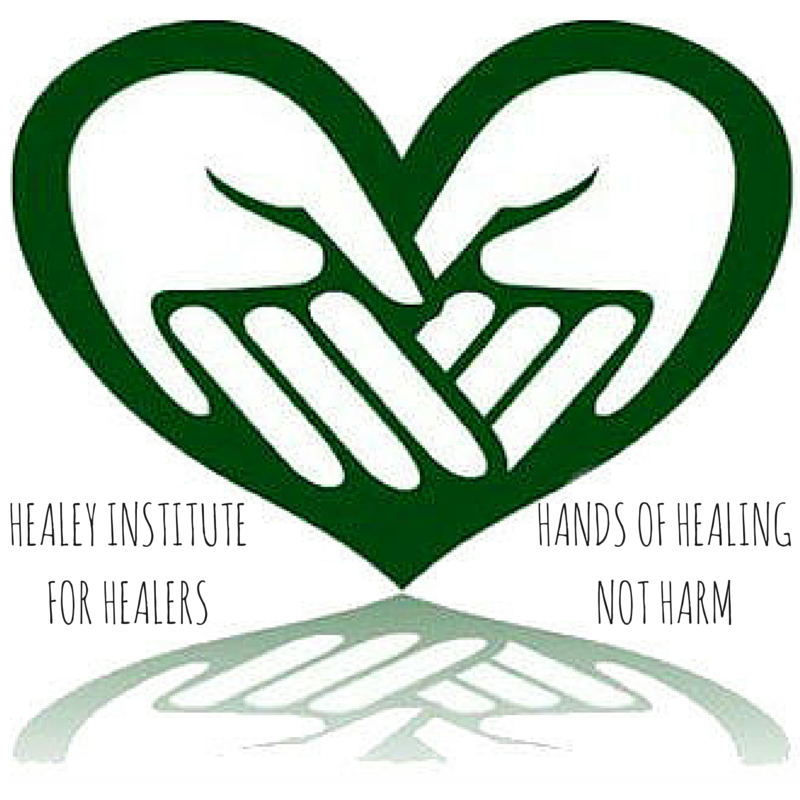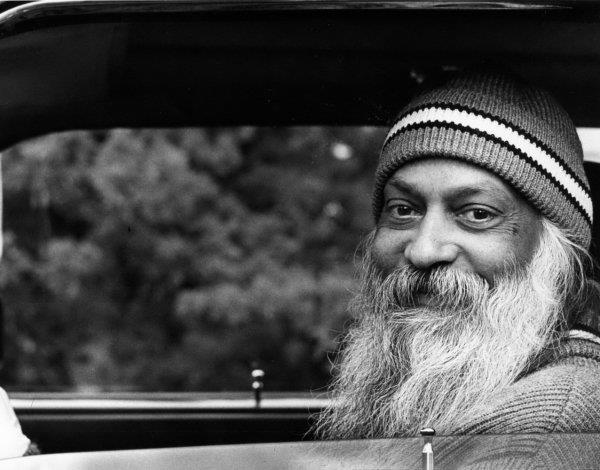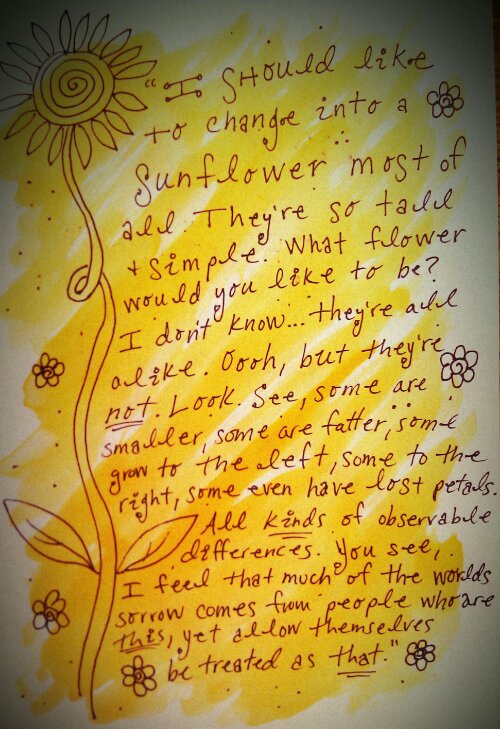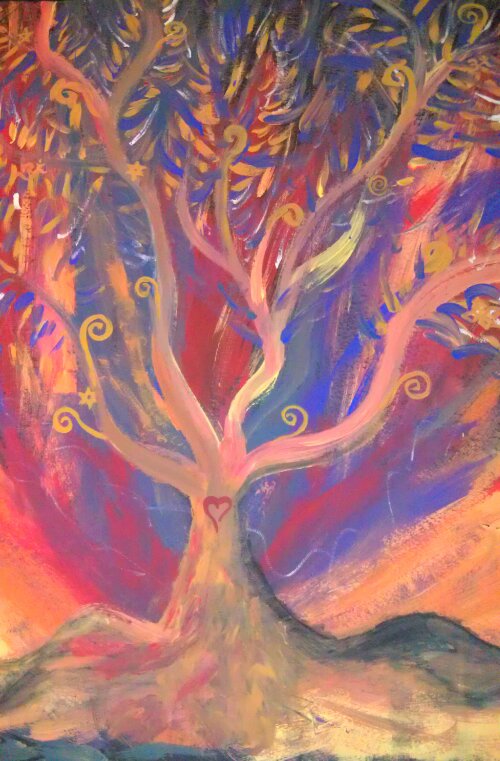Thought for the day: “There is always enough time to play.”
Today’s Homework: Coming out of our shell & Letting go of our armour.
This meditation is about dissolving a layer of protection, a certain type of
invisible “armor” with which we have learned to face the world, creating our
“risk-free” zone.
threatening is to create a kind of armor around ourselves, a “protective shield”
that helps us feel less vulnerable, more safe and secure. It’s easy to see this in
others – we even have a common expression to describe it; for example when
a person who is normally shy and timid starts to speak up, we say, “she’s
coming out of her shell.”
it often becomes a habit, a pattern, almost like a second skin that keeps us
from feeling fully alive, spontaneous, playful, confident in ourselves and of who
we are. But this shield has been with us for so long we don’t know how to get
out of it – and we should in fact be able to take it off as easily as we put it on.
A woman came to Osho with just this difficulty, and this is what he said:
“You carry an armor around you. It is just an armor – it is not clinging to you,
you are clinging to it. So when you become aware of it you can simply drop it. The
armor is dead: if you don’t carry it, it will disappear.”
a meditation technique that brings awareness to where the armor is expressed
in the body.
While walking or sitting:
Walking or sitting, exhale deeply. The emphasis should be on exhalation, not
on inhalation. So exhale deeply – throw out as much air as you can throw.
Exhale through the mouth, but do it slowly so it takes time. The longer it takes
the better, because then it goes deeper. When all the air inside the body is
thrown out, then the body inhales; don’t you inhale. The exhalation should be
slow and deep and the inhalation should be fast.
This will change the armor near the chest.
legs are in movement, just visualize that a load is disappearing from the legs,
as if it is falling off them. When our freedom has been restricted too much, our
legs carry the armor. So start running, jogging, walking, or even unstructured
dancing, and with the legs in movement feel that armor around them falling
off. And again, as in the first step, put more attention on the exhalation of your
breath.
Once you regain your legs and their fluidity you will have a tremendous energy
flow.
When you are ready to go to sleep at night, take off your clothes and while
taking them off, simply imagine that you are not only taking off your clothes,
you are taking off your armor too.
Actually do it. Take it off and have another good deep exhalation while letting
that armor dissolve.






